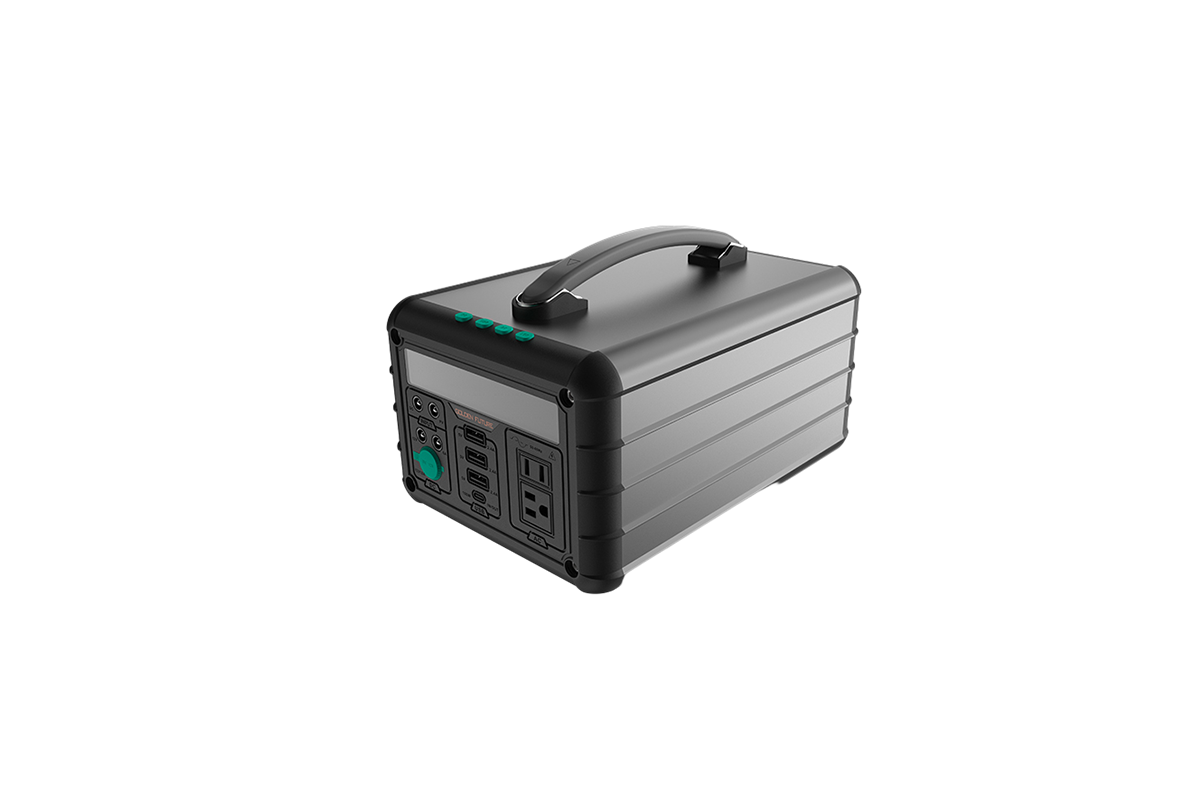

Time:2025-11-21 Views:1

A hybrid solar energy system is an innovative energy solution that combines solar power generation with other energy sources, typically grid electricity or backup batteries, to ensure a consistent and reliable energy supply. Unlike standalone solar systems that rely solely on sunlight and may face interruptions during cloudy days or nighttime, hybrid systems address the intermittency of solar energy by integrating complementary power sources, making them suitable for both residential and commercial applications.
One of the key features of a hybrid solar energy system is its ability to switch between energy sources seamlessly. During daylight hours, when solar panels produce sufficient electricity, the system prioritizes using solar power to meet immediate energy needs. Any excess energy generated is either stored in a connected battery bank for later use or fed back into the grid (if net metering is available), allowing users to earn credits or reduce electricity bills. When solar production is low—such as at night or during heavy rain—the system automatically draws power from the grid or the battery bank, ensuring no disruption to energy supply.
This flexibility makes hybrid solar systems ideal for areas with inconsistent sunlight or unreliable grid connections. For homeowners, they offer greater energy independence, reducing reliance on utility companies and protecting against rising electricity costs. For businesses, especially those with critical operations (like data centers or medical facilities), the system provides a backup power source, minimizing the risk of downtime caused by power outages.
Modern hybrid solar systems also come with advanced monitoring and control features. Many are equipped with smart inverters that regulate energy flow between solar panels, batteries, and the grid, optimizing energy usage for maximum efficiency. Users can track real-time energy production, consumption, and storage via mobile apps or web portals, allowing them to make informed decisions about energy use and identify potential savings.
In terms of sustainability, hybrid solar systems play a significant role in reducing carbon footprints. By maximizing the use of renewable solar energy and minimizing reliance on fossil fuel-based grid power, they help lower greenhouse gas emissions. Additionally, the battery storage component reduces the need for peaker plants—power plants that operate only during high demand—which are often less efficient and more polluting.
Overall, a hybrid solar energy system balances reliability, efficiency, and sustainability, making it a practical choice for anyone looking to adopt clean energy while ensuring uninterrupted power access.
Read recommendations:
portable battery power station suppliers